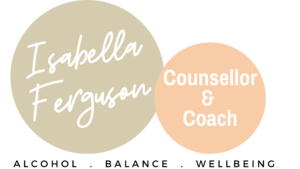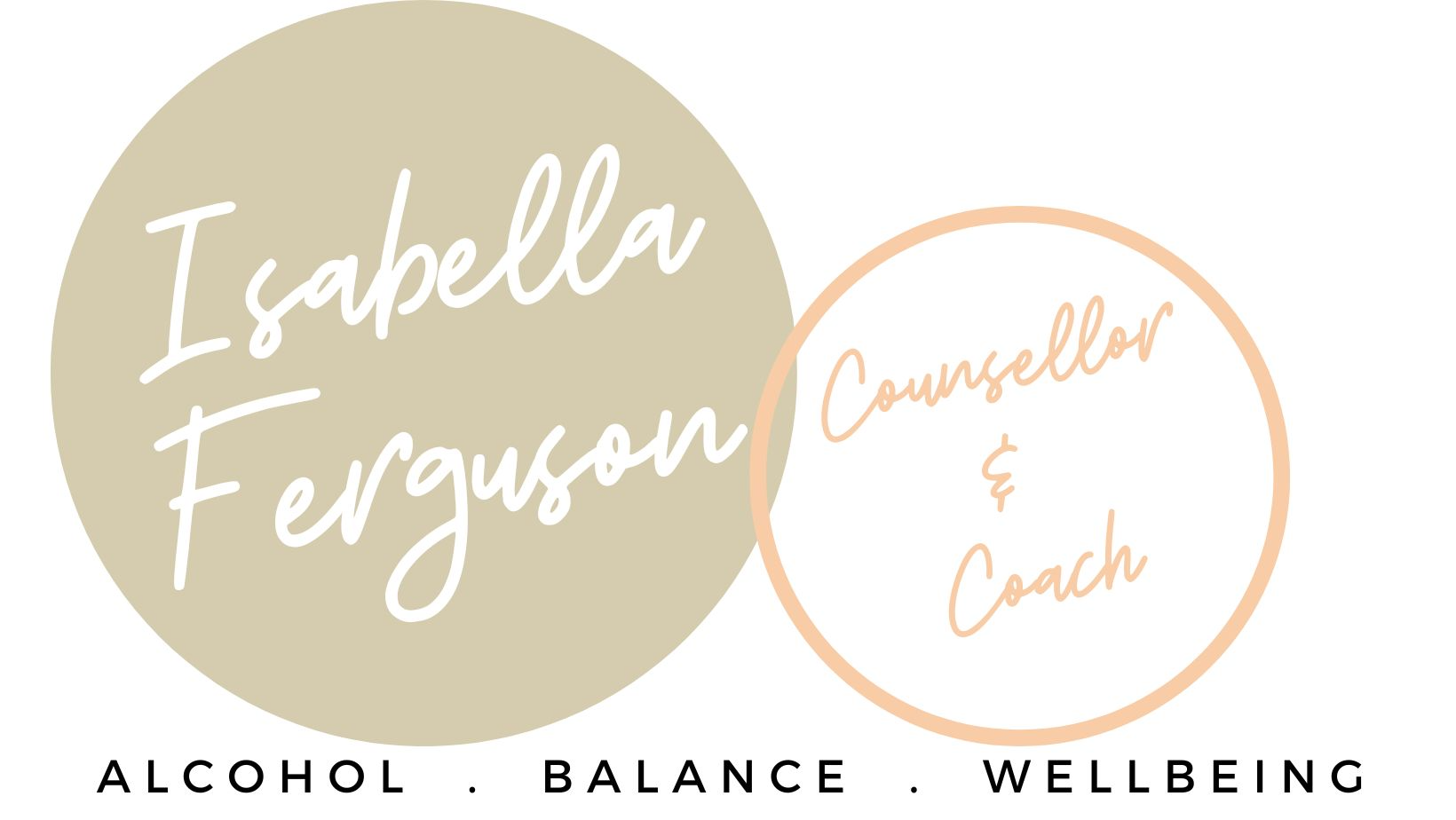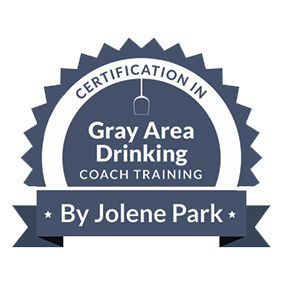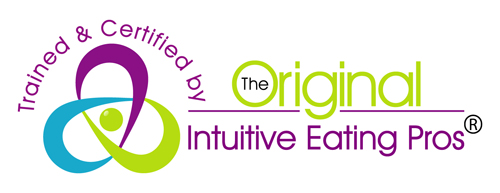Burnout – Don’t Suffer in Silence
Burnout. Burnout doesn’t discriminate. Whether you’re in healthcare, education, a caregiver or the corporate world, burnout can impact anyone.
It can often be a silent struggle. Many who are on the path to burnout or who are already there have personality types that lean towards honouring independence, not wanting to burden anyone, people pleasers, or people with huge amounts of kindness and empathy that take on the hard jobs, perfectionists, and “do-ers”. These people are often not used to putting their hand up and asking for help.
On my latest episode of De-Stress for Success, I explore what burnout feels and looks like, what the subtle signs are that may go unnoticed, and discuss strategies for both managing and recovering from it.
Burnout shares some common traits of stress but in reality it is very very different.
Burnout is a state of emotional, physical, and mental exhaustion caused by prolonged and excessive stress, often related to work or caregiving responsibilities. It is characterised by feelings of cynicism, detachment, and a sense of ineffectiveness or lack of accomplishment.
Burnout can manifest as a result of chronic workplace stress, demanding job expectations, a lack of control over your work, or an imbalance between work and personal life. You will likely feel overwhelmed, fatigued, and struggle to meet the demands responsibilities. It is recognised by the World Health Organisation as a serious health condition that can have a massive impact on your well-being and your ability to perform across most aspects of life.
It can feel like “your brain has powered down”. Like “you can do simple things to keep you alive and safe, like stack the dishwasher and get the kids to school, but more complex tasks via email, life admin and key work performance tasks are impossible” I’ve heard it said “your brain is in a fog, your limns are heavy, you are a shadow of your former self”.
Common contributors
Common contributors to burnout are:
- Excessive Workload: Being consistently overworked, having unrealistic job expectations, or facing unmanageable workloads can lead to burnout. This often includes long working hours, tight deadlines, and a lack of resources or support.
- Lack of Control: Feeling a lack of control over one’s work or decision-making processes can contribute to burnout. When individuals perceive a loss of autonomy, it can lead to a sense of helplessness and frustration.
- Lack of Recognition and Rewards: Not receiving acknowledgment for your efforts and achievements, or feeling undervalued in the workplace, can contribute to burnout. Recognition and positive feedback are crucial for maintaining motivation and job satisfaction.
- Poor Work-Life Balance: An imbalance between work and personal life, where work demands encroach on personal time and space, can lead to burnout. A constant feeling of being on-call or unable to disconnect contributes to sustained stress.
- Unclear Job Expectations: Lack of clarity regarding roles, responsibilities, and expectations can create confusion and stress. When individuals are uncertain about what is expected of them, it can lead to a sense of inadequacy and frustration.
- Mismatched Values: Misalignment between an individual’s personal values and the values of the organisation can contribute to burnout. Feeling disconnected from the purpose or mission of the work can diminish motivation.
- Lack of Social Support: A lack of support from colleagues, supervisors, or a sense of isolation in the workplace can contribute to burnout. Having a strong social support network is essential for coping with stress.
- Job Insecurity: Fear of job loss or constant uncertainty about the stability of employment can create a persistent state of anxiety and stress, contributing to burnout.
- Caregiving overload: Looking after family members, parenting children with special needs, feeling stressed and emotionally on edge and unsafe in our own home. It can feel like you are in survival mode, contributing to overwhelming stress and anxiety.
Professions
While burnout can affect individuals in various professions and roles, certain jobs and work environments are more commonly associated with a higher risk of burnout due to specific characteristics of the work. Here are some of them:
- Healthcare Professionals: Doctors, nurses, and other healthcare workers often face high-pressure environments, long working hours, and emotional strain, contributing to a higher risk of burnout.
- Caregivers: looking after family members, parenting children with special needs, feeling stressed and emotionally on edge and unsafe in our own home.
- Emergency Services Personnel: Firefighters, paramedics, and police officers frequently work in stressful and high-stakes situations, leading to a higher likelihood of burnout.
- Social Workers: Those in social work roles, dealing with challenging cases and often facing limited resources, may experience emotional exhaustion and burnout.
- Educators: Teachers and professors can face significant stress due to large workloads, classroom management challenges, and changes in educational policies.
- Human Services and Non-profit Workers: Individuals working in roles that involve helping marginalized or vulnerable populations may face emotional strain and burnout due to the intensity of their work.
- Customer Service Representatives: Dealing with challenging customers, repetitive tasks, and high call volumes can contribute to burnout in customer service roles.
- Information Technology Professionals: Long hours, tight deadlines, and the pressure to keep up with rapidly evolving technologies can lead to burnout among IT professionals.
- Corporate Executives and Managers: High-level executives and managers may experience burnout due to the pressure of decision-making, responsibility for the success of the organisation, and demanding work schedules.
- Entrepreneurs and Small Business Owners: The combination of high responsibility, financial pressures, and the need to wear multiple hats in a small business can contribute to burnout.
- Journalists and Media Professionals: Constant deadlines, high-pressure environments, and exposure to distressing news can lead to burnout in journalism and media roles.
- Legal Professionals: Lawyers and legal professionals often face demanding workloads, high expectations, and the emotional toll of dealing with legal issues.
Clearly burnout does not discriminate. Factors such as organisational culture, job demands, and personal resilience play a significant role in an individual’s susceptibility to burnout.
It’s Often a Silent Struggle
Burnout isn’t just about being tired or stressed; it’s a multidimensional experience that affects every aspect of your being. It’s a relentless exhaustion that seeps into your bones, a persistent feeling of being overwhelmed by even the smallest tasks. You may find yourself questioning the purpose and passion that once fuelled your work, leading to a sense of disillusionment.
Recognising the Signs
Recognising the signs early and taking proactive steps to address these contributing factors is crucial in preventing and managing burnout.
In fact, recognising that you may in fact have it is the first step toward recovery. Its that recognition that this is beyond your every day feeling of fatigue, that it is prolonged, not going away by itself and it is not your fault. You are not simply being lazy, unmotivated. It is something quite different that needs pro-active help and change.
Signs may manifest physically, emotionally, or behaviourally. Physical signs include persistent headaches, fatigue, and changes in sleep patterns. Emotional indicators may range from heightened irritability to a pervasive sense of cynicism. Behaviourally, you might notice increased absenteeism, withdrawal from social activities, or a decline in productivity.
Here’s a breakdown of what may happen to you mentally and physically when you experience burnout:
Mentally
- Emotional Exhaustion:
– Constant feelings of fatigue and being emotionally drained.
– Difficulty coping with daily stressors.
– Emotional numbness or a sense of detachment.
- Cynicism and Detachment:
– Developing a negative and cynical attitude towards work, colleagues, or life in general.
– Feeling emotionally distant or detached from others.
- Reduced Sense of Accomplishment:
– Diminished feelings of competence and successful achievement.
– A sense of ineffectiveness and a lack of satisfaction in one’s accomplishments.
- Impaired Cognitive Function:
– Difficulty concentrating and making decisions.
– Memory lapses and forgetfulness.
– Reduced creativity and problem-solving skills.
- Increased Irritability and Frustration:
– Heightened levels of irritability and impatience.
– Difficulty managing interpersonal relationships.
- Loss of Motivation:
– Decreased enthusiasm and passion for work or previously enjoyed activities.
– Feeling demotivated and indifferent towards personal and professional goals.
- Depersonalisation:
– Treating people as objects rather than individuals with emotions.
– Developing a sense of emotional withdrawal and distance from others.
Physically:
- Sleep Disturbances:
– Insomnia or difficulties falling asleep.
– Disrupted sleep patterns, leading to poor-quality rest.
- Physical Fatigue:
– Persistent feelings of physical tiredness and weakness.
– Generalized fatigue, even after adequate rest.
- Headaches and Muscle Tension:
– Increased frequency of headaches.
– Tension in muscles, leading to pain and discomfort, especially in the neck and shoulders.
- Gut Issues:
– Digestive problems, such as stomach-aches, indigestion, or irritable bowel syndrome.
- Weakened Immune System:
– Increased susceptibility to illnesses and infections.
– Slower recovery from common illnesses.
- Changes in Appetite:
– Changes in eating habits, such as overeating or loss of appetite.
– Weight fluctuations due to altered eating patterns.
- Cardiovascular Issues:
– Increased risk of cardiovascular problems due to prolonged stress.
– Elevated blood pressure and heart rate.
- Compromised Mental Health:
– Increased vulnerability to mental health issues such as anxiety and depression.
– Higher risk of developing chronic conditions if burnout persists.
Unhealthy coping strategies – such as alcohol.
Alcohol often goes hand in hand with high stress and impending burnout. Alcohol is an “easy quick fix” to numb, de-stress, cope and self-medicate with stress, uncomfortable feelings and unhappiness. It can also be used to try to seek energy to pick you out of a slump to do the heavy lifting and get through the chores and … well… life.
In reality, alcohol fuels burnout and vice versa. A burnout / alcohol cycle is a fast track way to a train crash. Please listen to my earlier episode on alcohol and stress to learn more about the alcohol and burnout connection.
Managing and Recovering From Burnout
Managing burnout addressing both the symptoms and root causes.
Establishing boundaries is crucial – learn to say no and prioritise your time is important. This can be a really hard task if your willingness to go the extra mile, to do the hard tasks to keep the peace or to take on the caregiver role in your family – has been how you operate and how others see how you operate. So it can take a lot of work, confidence building, role playing and experimenting with various ways to establish boundaries. A whole episode can be formulated on this alone!
Learn to Say No: Recognize your limits and don’t be afraid to decline additional responsibilities or commitments when you feel overwhelmed. Saying no is an essential part of self-preservation.
Regular breaks, even short ones during the workday, can make a significant difference: By this it is firstly becoming aware that taking a break is not a selfish act. Rather it is an act of survival. Checking in a few times a day and asking yourself how you are feeling, how stressed are you on a scale of 1 – 10. So many people that I know operate on a scale of 8 or 9 all day for the moment they wake up and walk through the door. But stress is accumulative. You need to release the valve through the day before you walk in the door. A cup of tea in the sun, breath exercises, a walk outside in some greenery with a mate, a laugh, an exercise, or as Prof Selena Bartlett says – to view a panoramic view.
Check your self talk: what do you say to yourself, are you ruminating, catastrophising or are you talking down to yourself. This can greatly impact your mood and behaviours. Try to be gentle and talk to yourself like you would to your nearest and dearest. With kindness, compassion and motivating love.
Delegating tasks is a skill, it is a part of boundary settling and it involves seeking support from colleagues fosters a collaborative environment, lightening the burden on you.
Another critical aspect of managing burnout is revisiting your goals and expectations: Set realistic targets and celebrate small victories. Quality should triumph over quantity, and finding purpose in your work can reignite the passion that burnout has dampened. Redefining what success looks like for you.
Joy in the little things: Make time for hobbies, spending time with loved ones, and activities that bring you joy and relaxation.
Regular Exercise: Incorporate regular physical activity into your routine. Exercise is a powerful stress reliever and can contribute to better mental and physical well-being.
Mindfulness and Relaxation Techniques: Practice mindfulness, meditation, or deep-breathing exercises to manage stress. These techniques can help you stay grounded and focused.
The Road to Recovery
Recovery from burnout is a process, not a destination and it is often not linear. Seeking professional help, such as counselling or even coaching, can explore the root causes and develop coping mechanisms. Taking a break, whether it’s a vacation or a sabbatical, can offer distance to gain perspective. But it won’t fix burnout. Those strategies designed above will set you on the right path.
Building a support network is equally essential. As is self compassion. Go slow. Be patient and kind to yourself.
Time to Recover
The average time it takes for a person to recover from burnout can vary significantly based on individual factors, the severity of burnout, and the effectiveness of coping strategies and support systems. There is no one-size-fits-all answer, as recovery is a highly personal and nuanced process. However, here are some general observations:
- Mild Burnout:
– Individuals experiencing mild burnout symptoms may see improvement within a few weeks to a couple of months with proactive self-care, lifestyle adjustments, and support.
- Moderate Burnout:
– For those with more moderate burnout, recovery may take several months. It often involves a combination of addressing workplace stressors, implementing coping mechanisms, and seeking professional support.
- Severe Burnout:
– Severe burnout, characterized by profound physical and mental exhaustion, can lead to a more extended recovery period. It might take several months to a year or more to regain full functioning and well-being.
- Chronic Burnout:
– Chronic burnout, where symptoms have persisted for an extended period, may require a more prolonged recovery timeline. Addressing underlying issues and making significant lifestyle changes may be necessary.
- Ongoing Maintenance:
– Even after the acute phase of burnout, individuals may need to continue practicing self-care, maintaining a healthy work-life balance, and implementing stress-management strategies to prevent relapse.
Factors such as the presence of underlying health conditions, the level of social support, the effectiveness of coping mechanisms, and the ability to make positive changes in the work environment all contribute to the timeline for recovery.
Ultimately, the key to recovery from burnout lies in recognizing the signs early, addressing contributing factors, and adopting sustainable lifestyle changes to promote overall well-being.
Preventing burnout is crucial for maintaining overall well-being and sustained productivity.
By implementing these tips, you can proactively address stressors, foster a healthy work environment, and reduce the risk of burnout. Remember that preventing burnout is an ongoing process, and it requires consistent effort to maintain a sustainable and fulfilling work-life balance.
Conclusion
In a world that often glorifies hustle and constant productivity, burnout can sneak up on you. So try to getting early and recognise some of these symptoms before you are forced to do so. By acknowledging the silent struggle, understanding the signs, and actively managing and recovering, we can reclaim our sense of balance and purpose. Let’s cultivate a culture that values not just productivity but the holistic well-being of individuals.





